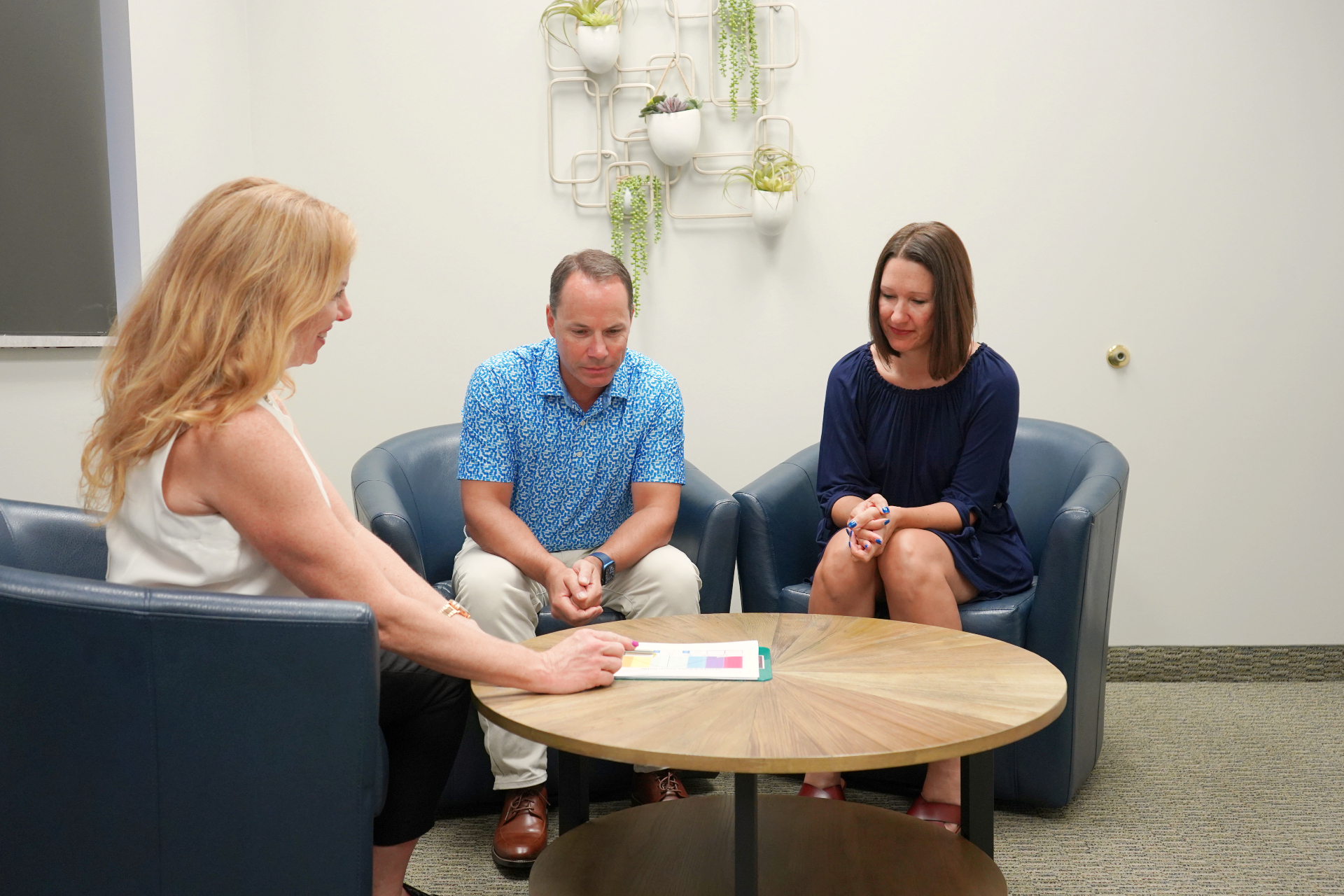
31 Oct What to Expect When Starting Therapy
Starting therapy for the first time can be both exciting and a bit intimidating. If you’re new to therapy, you might feel uncertain about what to expect from the process, the therapist, and even yourself. Understanding some basics ahead of time can help ease anxieties and prepare you for a productive and meaningful experience.
1. Initial Paperwork and Assessments
Before your first appointment, you’ll be asked to fill out some paperwork online. This includes consent forms, confidentiality agreements, and basic background information about your mental and physical health. Many therapists use intake forms or questionnaires to get a sense of why you’re seeking therapy and what goals you might have. These tools help the therapist tailor their approach to best meet your needs.
2. The First Session: Building Rapport and Setting Goals
Your initial session is often referred to as an “intake session.” During this time, the therapist will get to know you and ask open-ended questions to better understand your history, reasons for seeking help, and any specific challenges you’re facing. You may discuss your family background, past experiences with mental health, or current issues at work or home.
This is also a time to begin to think about setting some goals. Your therapist will work with you to clarify what you want from therapy, whether it’s managing anxiety, working through past trauma, or improving relationships. You don’t need to have all the answers or know exactly what you want – that’s part of what therapy can help with.
3. Expect It to Feel a Bit Awkward at First
Opening up to someone new about personal issues can feel uncomfortable. Therapy is a different experience from most conversations, as the focus is entirely on you, which may feel strange at first. It’s normal to feel a bit reserved, self-conscious, or unsure of what to say. Give it time. Many people find that as they build trust with their therapist, the sessions begin to feel more natural and comfortable.
4. Emotional Responses Are Common
Therapy can stir up emotions that you may not have anticipated, especially when touching on difficult memories or topics. Some people find themselves unexpectedly emotional after discussing something sensitive. Remember, this is a safe place, and expressing emotions is part of the process. Your therapist is trained to help you manage these feelings and process them in a healthy way.
5. Consistency and Commitment Matter
Therapy is a commitment, and consistency can be key to making progress. Regular sessions help create a routine and allow you to build momentum. It’s normal to feel hesitant about committing to a weekly or bi-weekly schedule, but over time, you’ll start to notice the benefits of this consistency in your emotional health.
6. You’re in Control
Your therapist may guide the conversation, but ultimately, you’re in control of what you share and explore. Therapy is a partnership, not a one-way street. If a certain topic feels too sensitive to address right away, it’s okay to express that. Over time, as trust builds, you might feel more comfortable discussing these areas.
7. Therapy Is a Gradual Process
It’s natural to hope for quick relief, but meaningful change takes time. While some people may start to feel better after just a few sessions, lasting transformation is usually a gradual process. Therapy encourages self-reflection, new habits, and changes in thinking patterns – all of which require patience and commitment.
8. Trying Different Approaches
There are many types of therapy, from Cognitive-Behavioral Therapy (CBT) and Dialectical Behavior Therapy (DBT) to psychodynamic and person-centered approaches. Your therapist might stick to one approach or blend several based on what works best for you. If you feel that a certain technique isn’t resonating, share that feedback. Therapy is flexible and can be tailored to fit your unique needs.
Starting therapy is a courageous step toward self-improvement and well-being. It’s okay to feel uncertain or nervous – that’s all part of the process. Over time, as you get more comfortable and build trust with your therapist, the benefits of therapy will begin to unfold. By approaching the process with an open mind and a willingness to engage, you’re setting the stage for positive, lasting change.
If you’d like to explore working with a therapist, contact us at (734) 323-4897 or info@galvingrowthgroup.com for more information. Our practice, based in Novi, Michigan, is home to a team of Psychologists with a wide range of expertise. We also offer teletherapy and can see anyone in the state of Michigan.

